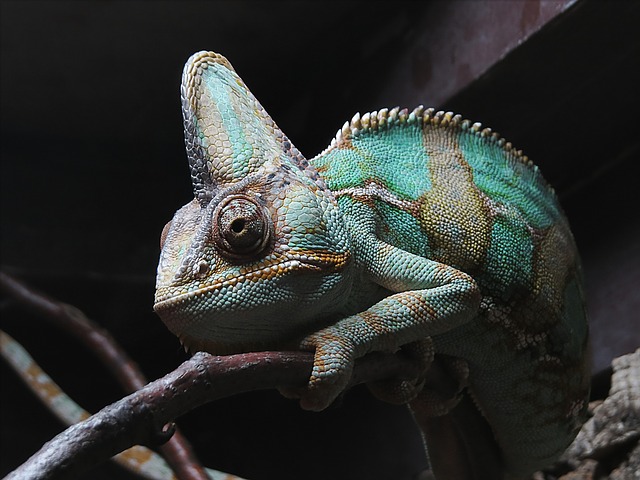
In this article we will explain what Clausewitz’s Trinity is, and why he compares war to a chameleon.
In the first chapter of On War, Carl von Clausewitz analyzes the essence of war, in order to develop a unique theory which would explain the diversity of its forms. According to Clausewitz’s theory, the very nature of war is to wear changing forms. He compares war to a chameleon, which appearance changes according to its environment. This is because war is part of politics, and also because it proceeds from the “Wonderful Trinity”.
War is the instrument of politics
The first factor which brings about the perpetual change in the form of war, is its submission to politics. War is the “continuation of politics by other means,” as the immortal formula expresses it.
Indeed, if it is the instrument of politics, the form of war will depend, first of all, upon the motives of the conflict. Depending on their importance, they will excite or appease both camps passions.
Second, the form of war rely on its pre-existing conditions. The two adversaries do not raise ex nihilo. They already have political connections, which will influence their mutual perceptions and therefore the shape of the war to come.
“Wars must differ in character according to the nature of the motives and circumstances from which they proceed”
CARL VON CLAUSEWITZ, ON WAR, BOOK I, §27
It is by analyzing this singular political character of a singular war that one can determine what form it will take. But one must also understand that war equally proceeds from the “wonderful trinity”.
Clausewitz’s wonderful trinity
The second factor which make the form of the war change is the “wonderful trinity,” upon which Clausewitz concludes Chapter I of On War.
War proceeds from three distinct parts of a trinity: “blind instinct”, “free activity of the soul” and “reason”.
War is the manifestation of “blind instinct”, “hatred and animosity”, passions quick to ignite. These characteristics are associated with the people and the “original violence” of war.
But war is also “free activity of soul”, because it is subject to the “play of probability and chance”, within which the warlike virtues of the army and the talent of the general can be expressed to various degrees.
Finally, war “belongs purely to the reason,” since it is directed by politics. The government rationally chooses its goals.
People, army, government; instinct, soul, reason; passions, virtue, intelligence: this is the wonderful trinity from which war proceeds.
However, each of these variables has its own strength and its own intensity, depending on the conflict. As war takes its form according to the ever different relationships between the elements of the trinity, this form is therefore perpetually changing.
Letter and Spirit of the “Wonderful Trinity”
The three parts of Clausewitz’s trinity should not be taken to be strictly separate. The people may very well be armed, or the general may also be the head of the state. But their separation allows the identification of the main elements which will give a specific war its specific form.
With our contemporary theoretical tools, we could try to characterize the form of a conflict by analyzing its actors’ sociology, culture and politics. And this, even if the people and the army are merged, if the “army” is irregular or if the goals of war are thought to be irrational.
Clausewitz’s Trinity : a salutary reminder of the reality of war
It is the nature of war to wear ever-changing forms. This, because it obeys a political purpose, takes place in a specific context, and is conducted under the auspices of a singular combination of the wonderful trinity.
We could have stopped there. However, this simple conclusion, that the nature of war is to possess an ever-changing form, leads to further reflection for practitioners.
The war to fight will never be the war we have studied, prepared for, trained for. Even if we can try to predict what form it will take, or better, to invent this future form, this will never lead to the war we have prepared.
Hence, military commanders’ training should not aim to implement a doctrine, but to adapt this doctrine to real conditions, always anticipated, but each and every time unexpected. There is only one way: train your instinct; and one imperative: have young leaders, endowed with the intellectual plasticity necessary to question their certainties when these certainties collide with reality. Because they will.
“We will be lost if we turn in on ourselves; saved, only, if we train our brains hard, to know better and imagine quicker. “
MARC BLOCH, L’ETRANGE DEFAITE, 1940
Is imagination the most important quality for a military commander?
